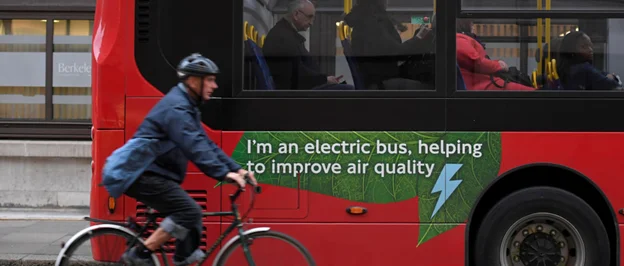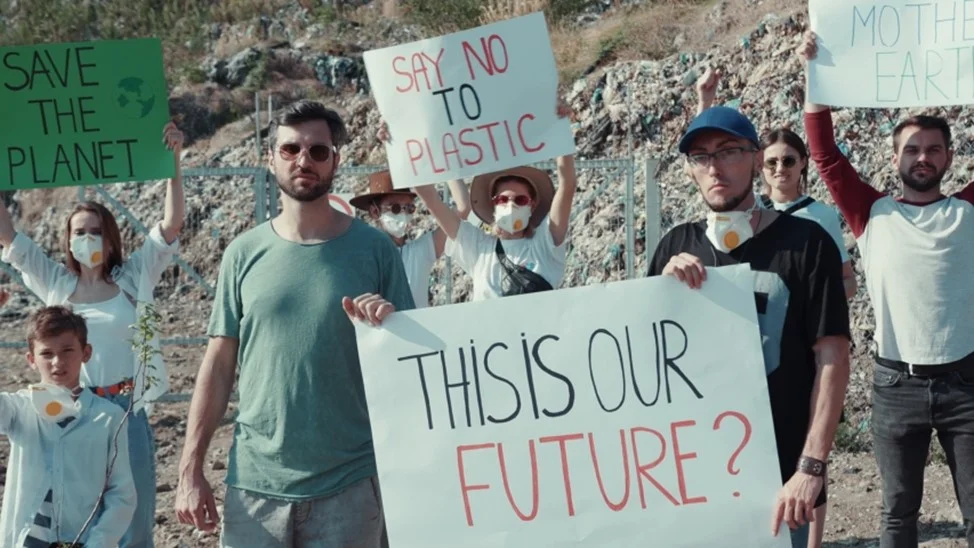Task 1
Imagine that you are preparing a project with your friend. You have found some interesting material for the presentation and you want to read this text to your friend. You have 1.5 minutes to read the text silently, then be ready to read it out aloud. You will not have more than 1.5 minutes to read it.
The world is getting smaller, at least when it comes to language. More and more people speak the three most common languages: English, Spanish, and Mandarin. As a result, local languages are being forgotten. In many parts of the world, grandparents speak a language their grandchildren do not understand. As cultures adjust to these changes, and languages aren’t taught to children or spoken at home, these local languages are slowly disappearing. A language is said to be in trouble when less than 30 percent of children in the community speak it. It is considered a dying language.
Today, the United Nations Educational, Scientific and Cultural Organization (UNESCO) lists more than 3,000 languages that may disappear by the end of this century. Some of the languages still have a few million speakers and may survive. Unfortunately, hundreds of languages have fewer than 25 speakers remaining and may soon be lost forever.
Task 2
Study the advertisement.
Giftable!
High-tech globe that levitates & spins in an LED cradle — magic!

You are going to buy this floating globe and now you’d like to get more information. In 1.5 minutes you are to ask four direct questions to find out about the following:
- globe size
- available colours
- power source
- manufacturer’s policy for returns or exchanges
You have 20 seconds to ask each question.
Task 3
You are going to give an interview. You have to answer five questions. Give full answers to the questions (2–3 sentences). Remember that you have 40 seconds to answer each question.
Tapescript for Task 3
Interviewer: Hello everybody! It’s Teenagers Round the World Channel. Our guest today is a teenager from Russia and we are going to discuss teenagers’ attitude to the Olympic Games. We’d like to know our guest’s point of view on this issue. Please answer five questions. So, let’s get started.
Interviewer: What are your favourite Olympic sports, and what makes them your favourites?
Student: _________________________
Interviewer: What’s your favourite part of the Olympics: the opening ceremony, the games, or the closing ceremony? Why?
Student: _________________________
Interviewer: If you could create an Olympic mascot for your city or country, what would it look like, and what would it represent?
Student: _________________________
Interviewer: Why do you think we hold the Olympic Games? What is the main purpose?
Student: _________________________
Interviewer: If you had the opportunity to meet an Olympic athlete, past or present, who would you choose to meet and what would you ask them?
Student: _________________________
Interviewer: Thank you very much for your interview.
Task 4
Imagine that you and your friend are doing a school project “Ways to help the environment”. You have found some photos to illustrate it but for technical reasons you cannot send them now. Leave a voice message to your friend explaining your choice of the photos and sharing some ideas about the project. In 2.5 minutes be ready to:
- explain the choice of the illustrations for the project by briefly describing them and noting the differences;
- mention the advantages (1–2) of the two ways to help the environment;
- mention the disadvantages (1–2) of the two ways to help the environment;
- express your opinion on the subject of the project – which of the ways to help the environment presented in the pictures you’d prefer and why.
You will speak for not more than 3 minutes (12–15 sentences). You have to talk continuously.

